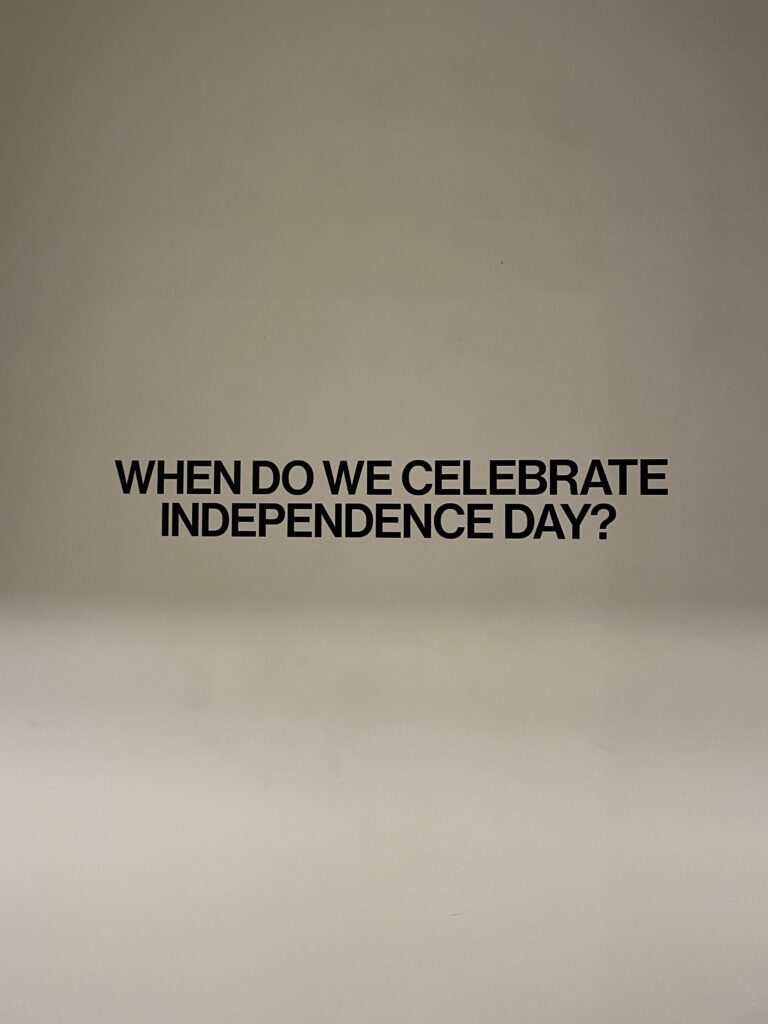Continuing the series from previous week. Read things that challenged me to be present in the moment and provoked me to think about the state of consumerism, the economy, the circular impact of the economy on citizenship among many other themes.
1. Becoming Trader Joe’s (Book): Trader Joe’s is an excellent example of a company that understands its target audience very well and continues to be an exemplary leader in private label products. It continues to expand the taste of its consumers by introducing novel items, at a very reasonable price point, and making it one of the grocery stores that truly gives people joy when shopping. People love shopping for the “make-believe” groceries and the inevitable flirty conversation with the cashier (thought pieces are still out on whether the cashiers are trained to do this). John started Trader Joe’s with simple demographics study in the 1960s. With the US population expanding their travel habits and education level, there is a perfect market fit for a grocery store that provides assortment at the right value for those well traveled, higher end consumers. While reading this book, I was impressed by Trader Joe’s forward thinking on niche products. They were willing to try newer, more innovative price points – e.g. wild rice, 100% maple syrup etc. I am also fascinated by John’s focused study of business management and his appreciation for the theoretical parts. He recommends many books/articles/thought pieces along the way on business management. Would recommend this book for anyone interested in the behind the scenes of building a company, commentary on American culture, consumerism and random historical nuggets (like history of last names in England and how his family got their last name in the 1500s!!).

2. Fed Chair Sees ‘Long Way to Go’ on Inflation Fight (The New York Times): Some good news on the inflation front is that inflation has gone down in the month of May year over year. Better supply chain flow and slowing of Avian flu has helped remove some of the inflationary pressures. It is still hard to fully draw conclusively that Fed policies have helped with the inflationary pressures but it is a step in the right direction considering the rest of the G20 are struggling heavily with inflation. One of the goals of the Fed has been to temper consumer appetite. Retail sales rose in May but consumption appetite is still not strong amongst the younger population (18-34 year old). With the Supreme court verdict to overturn Biden’s student relief, consumer behavior is sure to continue to impact the younger generation’s spending which in turn will likely help the Fed’s crusade.
3. Skims Founder Kim Kardashian Loves Your Body (Time Magazine): Skims is one of the most successful, up and coming Direct to Consumer (D2C) Companies. Kim Kardashian’s current venture is valued around $3.2 billion and did $500 million in revenue in 2022. Given the number of celebrity brands out there, this is incredibly impressive. Majority of SKIMS sales comes from its website and the rest from retail stores like Nordstorm. The observation that Kim Kardashian is the manifestation of the Direct to Consumer image was an astute observation by the Time magazine; Kim broke out directly to her audience through Reality TV shows, relies on platforms like Instagram for direct marketing and now uses a D2C website for her brand. Whether you like her or not, Kim Kardashian has had an outsized impact in conversations on body, fashion trends and now with the sharp focus of commerce from a D2C perspective in the age of Amazon and big box retail stores, here is another arena where Kim is actively shaping consumer behavior. D2C also gives Kim the full power to shape the image of her brand and do what she has always done – be part of the public discourse directly. (Disclosure: I do not own any SKIMS product so can’t comment on the quality of the product but you know where to reach out to send a PR package, Kim <3)
4. Why Sarah Jessica Parker Keeps Playing Carrie Bradshaw (New Yorker): For most Sex and the City fans, SJP is New York. Her chic clothes, beautiful West Village apartment and gallery opening trips in Manolo Blahniks are seared into my brain. You could sense the author Rachel Syme’s love for SJP in this piece as well. I learned many things – SJP’s shift from theater to TV, her attention to staff/fans and her stint as a trained ballerina. I loved the talk around Ballet because I realized I had gone to the same show as SJP and Rachel (NYC is a small world). However, I still felt like the piece was cursory and didn’t dive as deep as some of the other New Yorker profiles do. Perhaps this was a purposeful choice from SJP who seems to be an incredibly private person. Outside of the personal world, I think Rachel was fair in highlighting the lackluster reviews the new show has received (SJP is also one of the executive producers). My biggest criticism is that the show is just point blank boring. It seems like the show is just going through a checklist of things they want to add to seem “hip”. The new show simply lacks the rawness that the original SATC had. I haven’t watched the new rendition of the show but maybe the Kim Cattral cameo will rope me in.

5. Status in Flux (New Yorker): Weike Wang writes this pointed story on belonging and how “citizenship” impacts that sense of belonging. You could live wherever but what does it mean to belong to the place? I have found recent conversations around the topic of citizenship to not be just a re-telling but also more introspective for everyone involved. It’s more pointed and pokes you to exercise your own thinking. Weike does this brilliantly, approaching from the perspective of travel where it is heavily impacted by your “citizenship”. I was also reminded of Rayyane Tabet’s artwork during the Whitney Biennial while reading this story. Rayyan splattered questions asked in the US citizenship in random parts of Whitney where you wouldn’t expect it – on the stairwell, above a popular artwork, in the cafe etc. By placing these questions in nonchalant places he gets people to actively participate in the questioning of your citizenship – something many people in the US never get a respite from.
